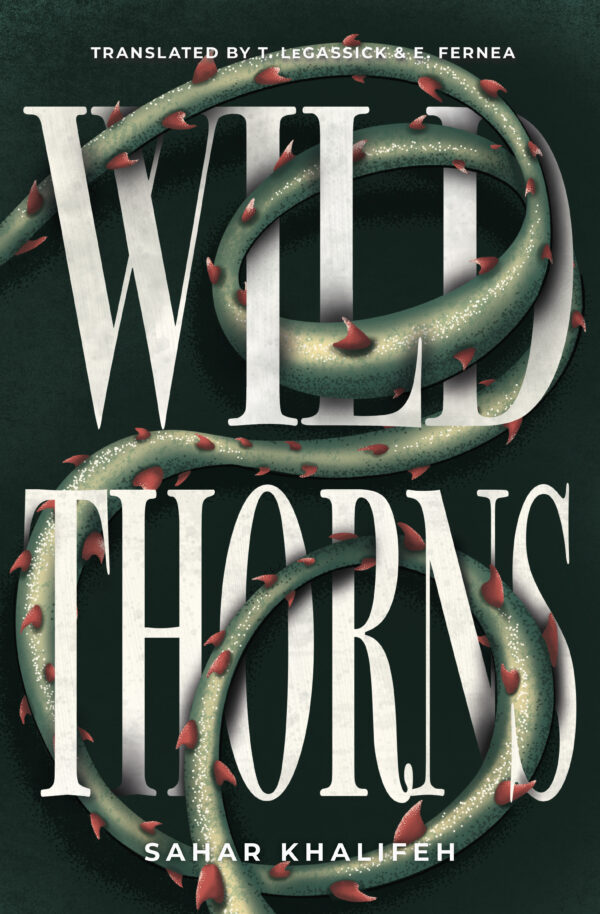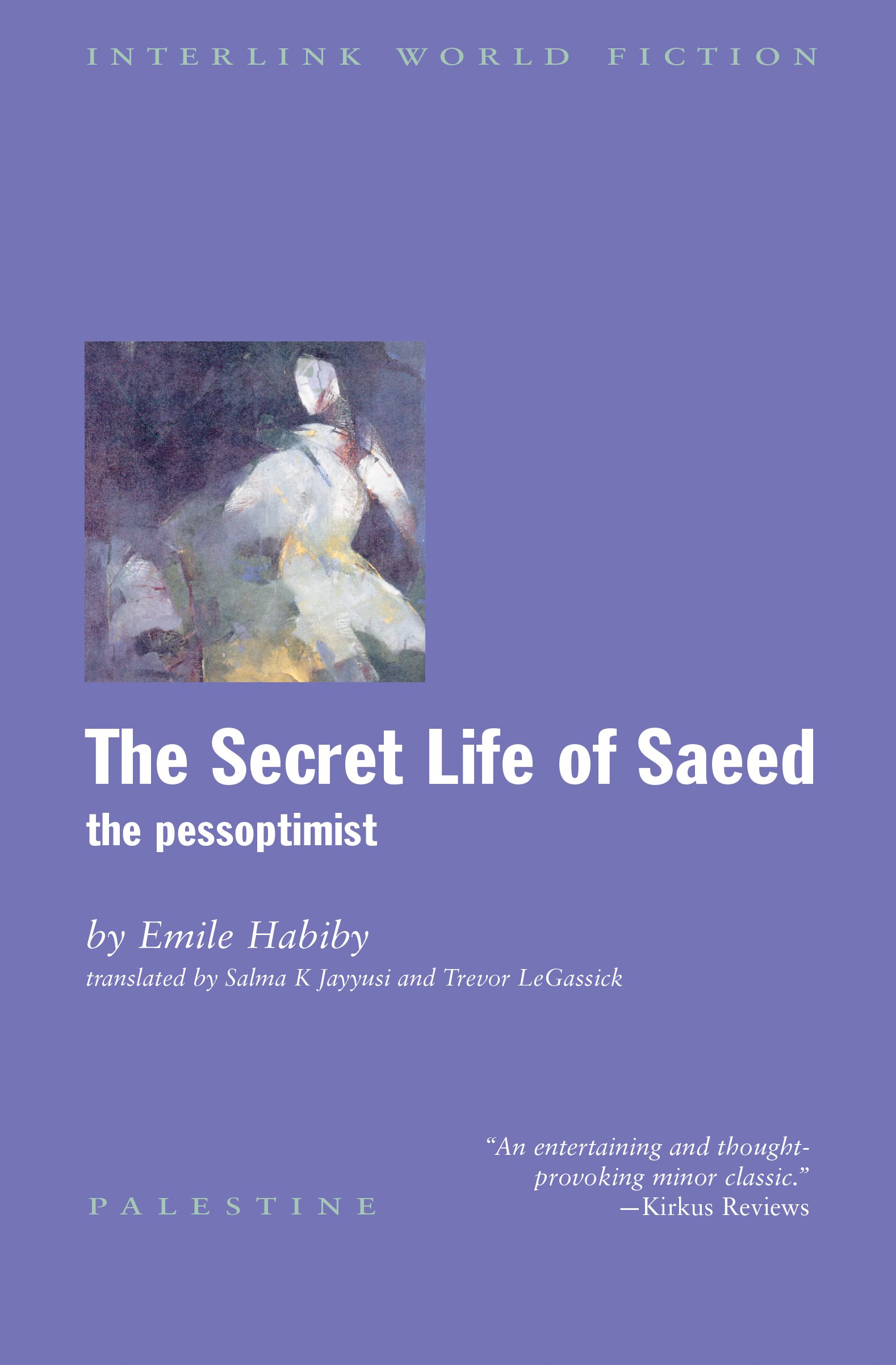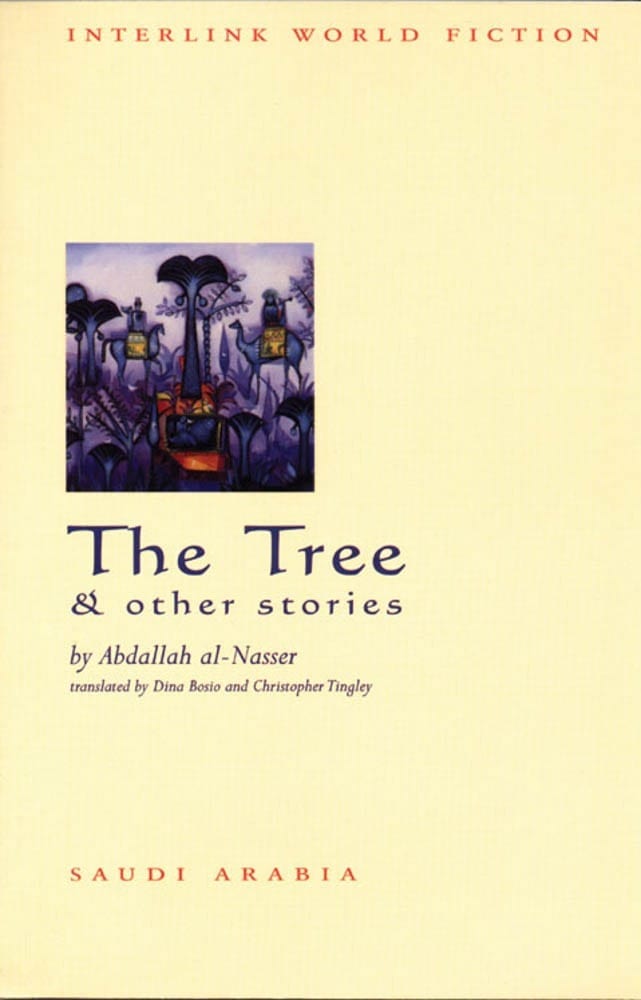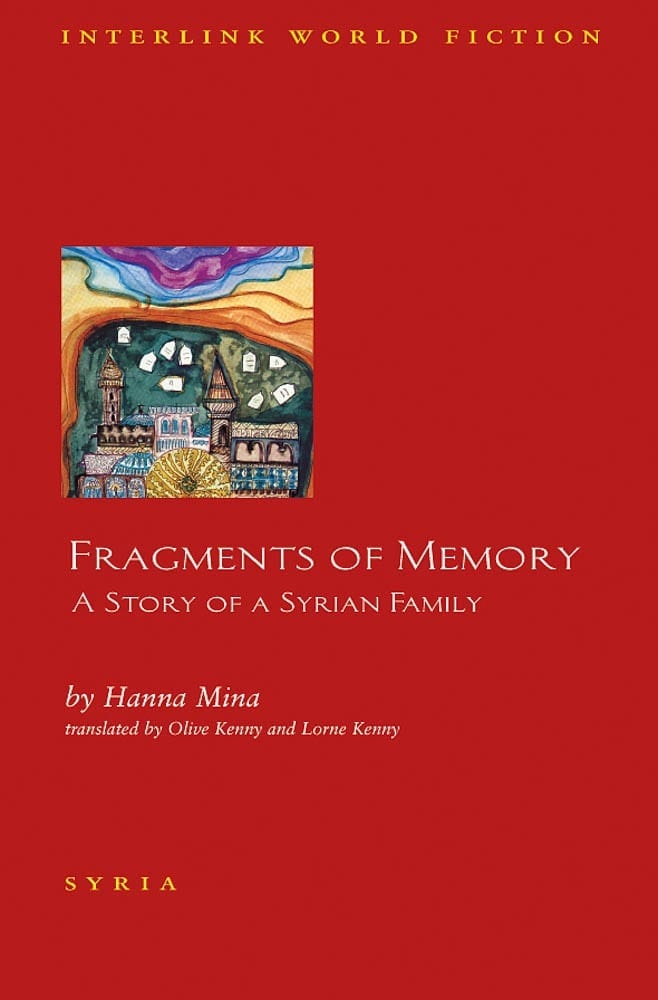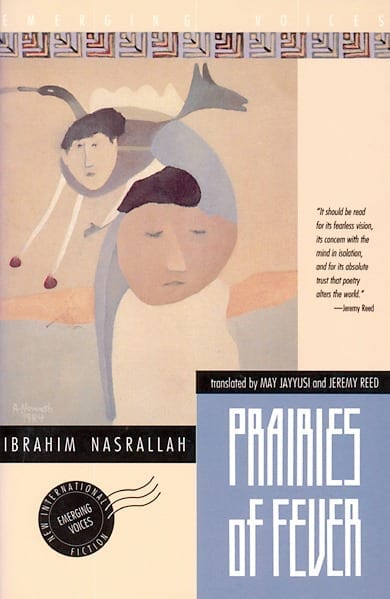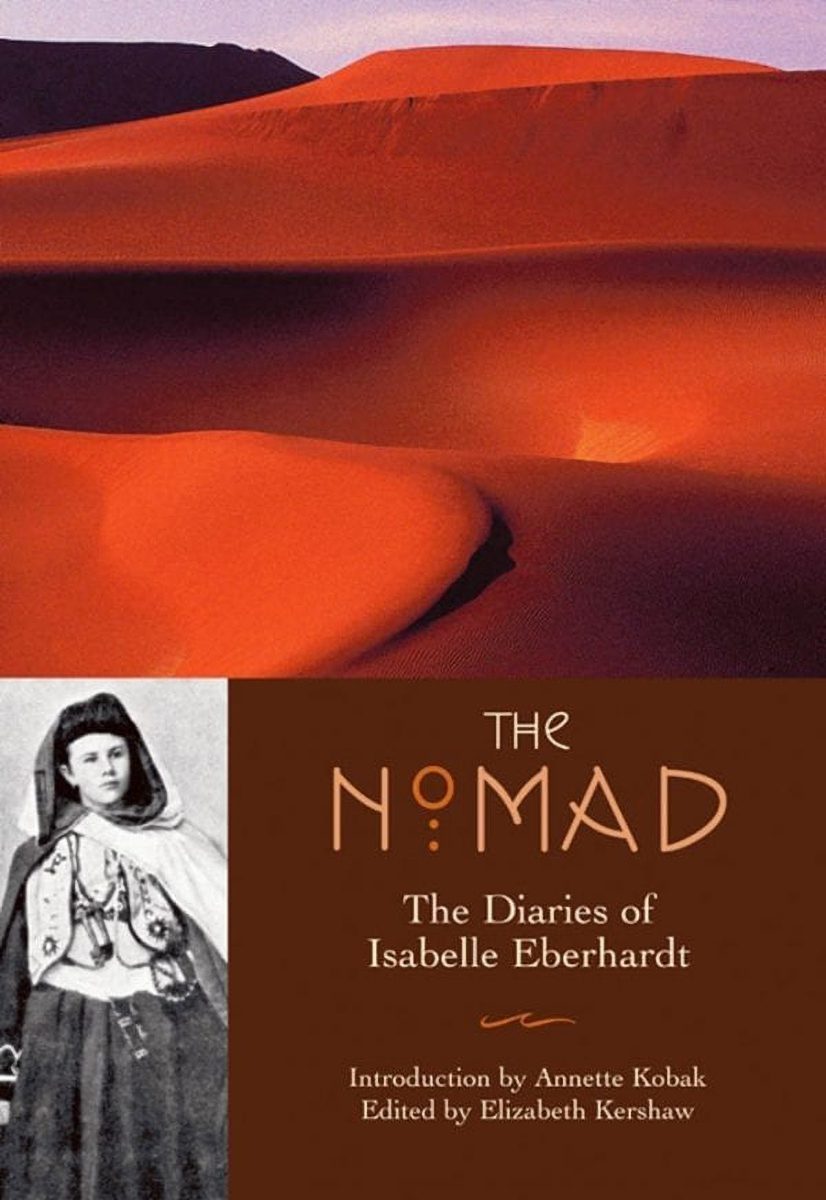Book Size: 5.25" x 8"
Pages: 208
Format: Paperback
ISBN: 9781566563369
Imprint: Interlink Books
Translator: T. LeGassick & E. Fernea
Categories: Books on Palestine, LiteratureWild Thorns
$ 15“A vivid depiction of life in the West Bank during the first decade of the Israeli occupation…The difficulties and hazards faced by these workers are poignantly portrayed… The author succeeds quite well in conveying the tension and inquietude of daily life in the territories…she also evokes the irrepressible and indomitable spirit of Nablus and its people.” – MultiCultural Review
About this book
Wild Thorns is a chronicle of life in the Israeli-occupied West Bank.
Written in Arabic and first published in Jerusalem in 1976, Wild Thorns, with its panorama of characters and unsentimental portrayals of everyday life, is the first Arab novel to give a true picture of social and personal relations under occupation. Its convincing sincerity, uncompromising honesty, and rich emotional texture plead elegantly for the cause of survival in the face of oppression.
Brand: Sahar KhalifehAbout the author
Sahar Khalifeh was born in Nablus in 1941 and is the author of eight novels. She holds a Ph.D. in women’s studies and American literature from the University of Iowa. She divides her time between Amman, Jordan and Nablus, Palestine.
Reviews
“A vivid depiction of life in the West Bank during the first decade of the Israeli occupation… The difficulties and hazards faced by these workers are poignantly portrayed… The author succeeds quite well in conveying the tension and inquietude of daily life in the territories… she also evokes the irrepressible and indomitable spirit of Nablus and its people.” – MultiCultural Review
“An earnest Arabic novel, first published in 1976, that dramatizes the reactions of Palestinian nationalists to Israeli occupation of the West Bank, an action that has turned many of their countrymen into nomads dutifully commuting to alien territory to work (…the people had become soft, been brainwashed with lies and Israeli cash). Khalifeh’s initial focus on Usama, a young Palestinian returned home to find his relatives compromised in this way, yields to more diffused depictions of several other characters with whom he finds himself conspiring to blow up buses transporting day-workers. The conspiracy raises havoc with the story’s formal unity but does enable it to portray credibly a troubling spectrum of understandably extreme responses to disenfranchisement and oppression.” – Kirkus Reviews
“Her characters are so real you can actually relate to them by mistaking them for someone you know ” – The Daily Star, Jordan
“Sahar Khalifeh is the Virginia Wolf of Palestinian literature.” – Barsenblatt
“A representative voice of Arab literature” – Frankfurter Allgemeine
“The one Arab novelist who has written one novel after another to show the inseparability of feminist issues form social and political concern is the Palestinian novelist Sahar Khalifeh, whom I consider the best Arab woman novelist in the twentieth century.” – Dr. Bouthaina Shaaban

